A Little Warm in My Heart (Winter)
A fitting entry for a day I’m snowed in with a foot of snow. Anyway, quick update about where we stand on Doctor Who Series 12 reviews, as it’s just under a month until it debuts. The answer is that we are very, very far from them—the Patreon is at its start of month lull due to declined pledges, but as it stands we’re over $100 from the $800 tier where I’ll do Series 12 reviews. If you’d like me to howl into the void about Chibnall Who, you’ll want to go to Patreon and fix that. And in the process you’ll unlock 26 more Dalek Eruditorum entries.
Winter (live, 2005, official bootleg)
Winter (live, 2007, official bootleg, Tori set)
Winter (radio performance, 2009)
Fathers are, of course, a standard of women’s art, whether about an invented relationship (“Papa Don’t Preach”) or an authentic one (“Daddy Lessons’). And traditionally there is a fraught tone to these. The character changes—the father can be treacherous, unreliable, abusive, authoritarian, or any number of other sins. But the basic dynamic is there—a patriarchal authority that must on some level be reckoned with. And then there is “Winter.”
The relationship between Myra Ellen Amos and Edison McKinley Amos is one of the most fascinating in pop music. It should be simple: he the rebel bent on reclaiming the feminine divine from the patriarchal Christian god, he the servant of that same god. And that’s more or less how it plays out in any number of songs—consider “Upside Down” and its tossed away claim that “my daddy would scream” at the idea of an interracial relationship, or Amos’s chanting howl to “wash me clean daddy” in 1997 performances of “Precious Things,” or literally the entirety of “Icicle.”
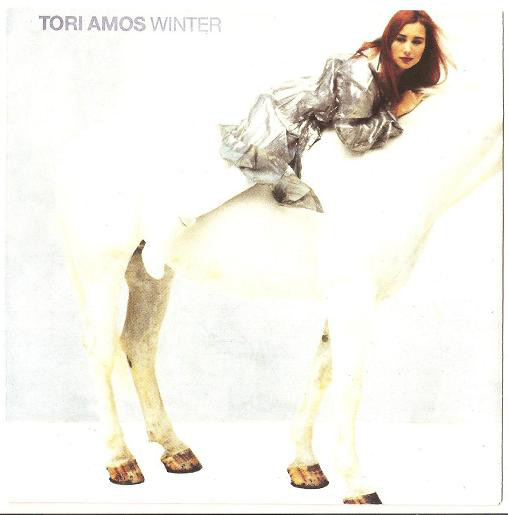 The only thing missing is the actual tense relationship between the Amoses. In fact Ed Amos is consistently supportive of his daughter, and has been throughout her life, from chaperoning her as she played Georgetown gay bars in her teens to any number of comments to the press in which he speaks warmly of his daughter’s career. This is not, to be clear, because he’s a radically progressive Christian. By all appearances he’s solidly moderate—Amos has spoken about her father’s support for the civil rights movement, but also made wry comments about how he’s evolved to seeing gay people as individuals instead of as a homogenous mass of “the gays.” Instead there’s a sort of wry pragmatism to his assessment of his daughter—one rooted in a profound respect for her ability. The relationship is perhaps best summed up by a comment Amos attributes to him in several interviews to the effect of “what would you have written about if I had been a dentist?”
The only thing missing is the actual tense relationship between the Amoses. In fact Ed Amos is consistently supportive of his daughter, and has been throughout her life, from chaperoning her as she played Georgetown gay bars in her teens to any number of comments to the press in which he speaks warmly of his daughter’s career. This is not, to be clear, because he’s a radically progressive Christian. By all appearances he’s solidly moderate—Amos has spoken about her father’s support for the civil rights movement, but also made wry comments about how he’s evolved to seeing gay people as individuals instead of as a homogenous mass of “the gays.” Instead there’s a sort of wry pragmatism to his assessment of his daughter—one rooted in a profound respect for her ability. The relationship is perhaps best summed up by a comment Amos attributes to him in several interviews to the effect of “what would you have written about if I had been a dentist?”
And so we get the bemusing paradox of Amos penning a disorienting and sinister piece of musical ritual about the maternal while her song about her father is warm, sentimental, and loving.…

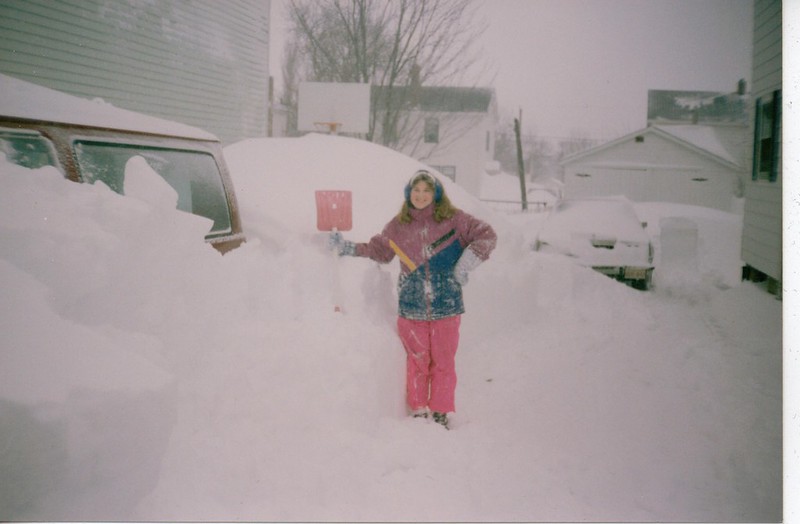
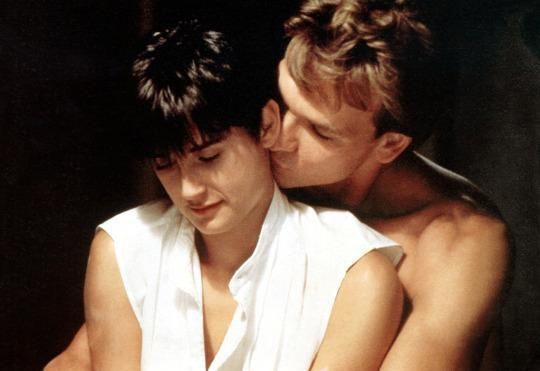 Happy Phantom (demo, 1990)
Happy Phantom (demo, 1990) Upside Down (live, 1991)
Upside Down (live, 1991)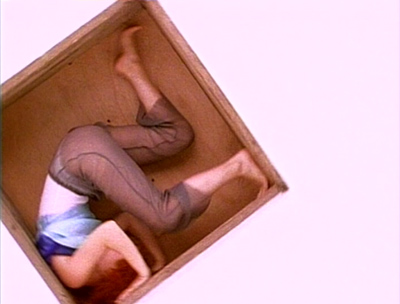 Silent All These Years (live, 1991)
Silent All These Years (live, 1991) Sweet Dreams (demo, 1990)
Sweet Dreams (demo, 1990) Mother (1992)
Mother (1992)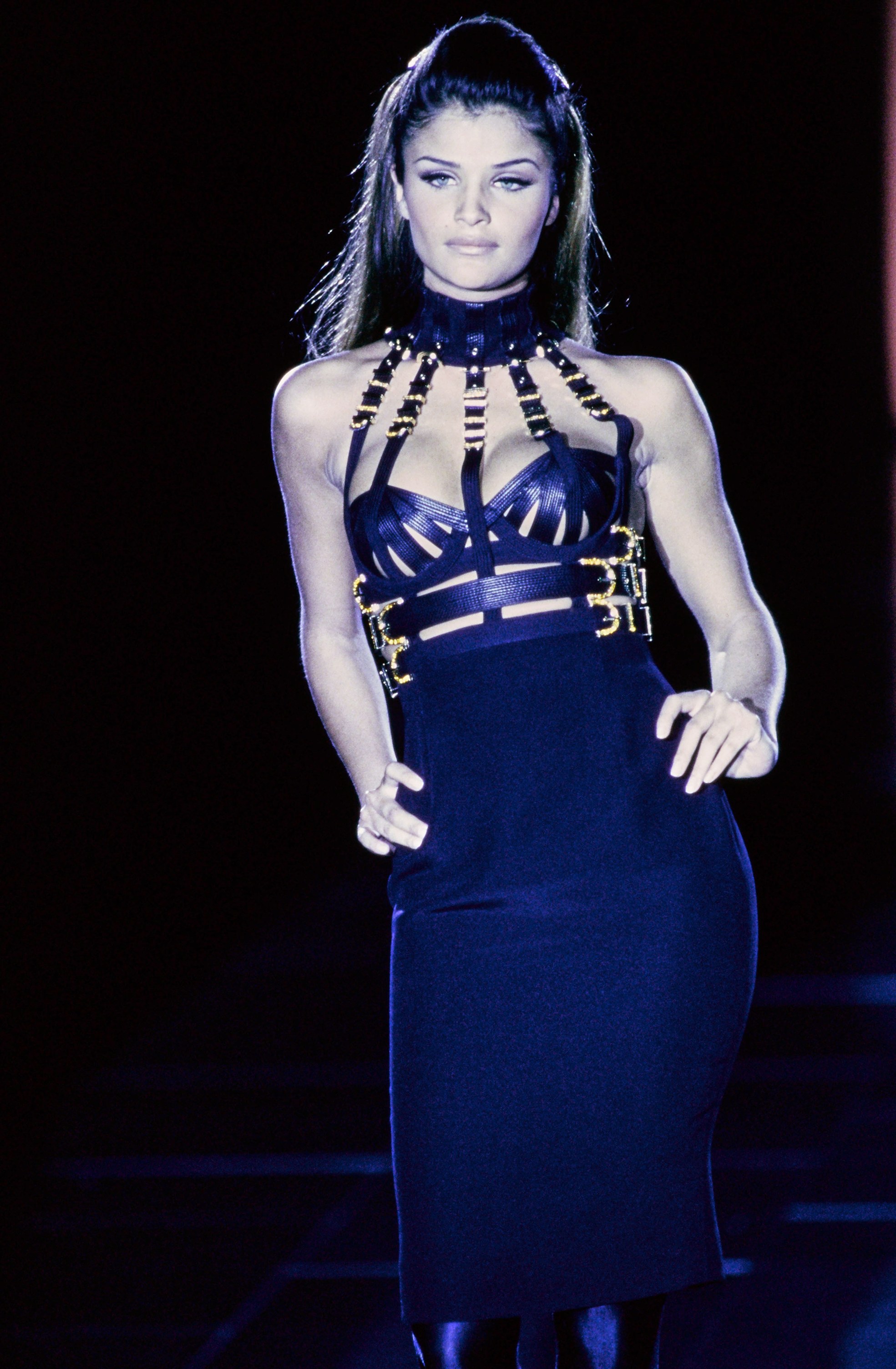 Leather (live, 1991)
Leather (live, 1991)